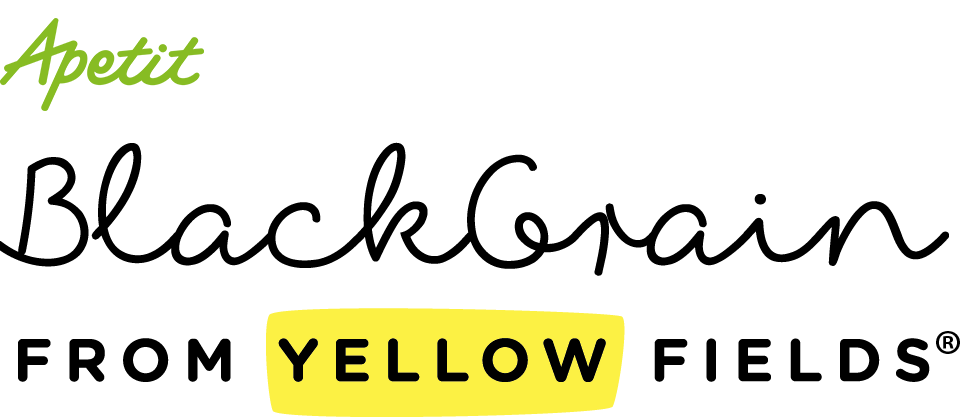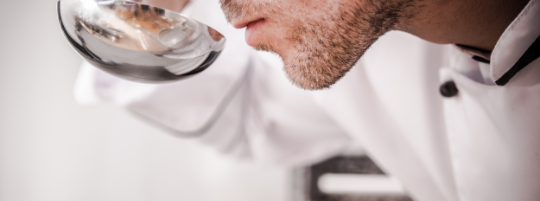BlackGrain from Yellow Fields® rapeseed ingredients are a fine example of the philosophy of upcycling food: reducing food waste and using pre-existing raw materials to do more with less, create something original and elevate the nutritional value of food. These new plant-based ingredients offers businesses a smart and simple way to take a step forward in terms of lean and sustainable food production.
Sustainability is a long-standing trend with a growing influence on food production. Upcycling food means reducing food waste and creating high-quality, nutritious food products out of ingredients that would otherwise go unnoticed and unutilised in our current food system.
Juha-Pekka Järvinen, Research and Development Manager at Apetit explains how BlackGrain from Yellow Fields® rapeseed ingredients can help food businesses to hit the objectives of the upcycling mindset.
Elevate nutritional value with BlackGrain rapeseed powder and BlackGrain TVP
The small black seed of the rapeseed plant is in itself a perfect and wholesome bundle of nutrients, the full potential of which has been overlooked by the food industry until recently. After the oil extraction process, roughly 70% of the weight of the seed is left after pressing.
Read more about the versatile raw material of our rapeseed ingredients.
This compact pressed material was regarded as a by-product that could only be good for animal feed – until an innovative upcycling process produced Apetit’s new BlackGrain from Yellow Fields® rapeseed ingredients: BlackGrain rapeseed powder and BlackGrain textured vegetable protein (TVP).
– Our dark BlackGrain rapeseed powder is worth its weight in gold when it comes to plant protein, fibre, and high-quality fatty acids. BlackGrain rapeseed powder brings significant added nutritional value to the final product, be it bread, cereals, or snacks. BlackGrain TVP, on the other hand is especially well suited to meat analogues and hybrid products, Järvinen declares.
For example, wheat bread with 7% of BlackGrain rapeseed powder in the recipe meets the EU requirements for the label “source of fibre” – without compromising the baking quality. Read more about enhancing the fibre content of your product with BlackGrain rapeseed powder.
Upcycling calls for solid food science know-how and a creative mindset
Sustainability and social responsibility demand the attention of food businesses that want to stay on top of the game in the years to come.
– The idea is to learn to thoroughly make use of the resources we are already working with, instead of reaping new harvests and creating extra strain on the environment to manufacture new products.
According to Järvinen, companies in industrial food production should re-examine their production processes, keep food waste in check and scrutinise the raw materials they work with, keeping an eye open for new nutritional possibilities.
– This calls for ambitious product development and open-minded food innovators that are eager to rise to the challenge. We shouldn’t take customary processes and old ways of thinking for granted. It takes a certain avid curiosity to work in the frontline on the verge of new discoveries in food science.


